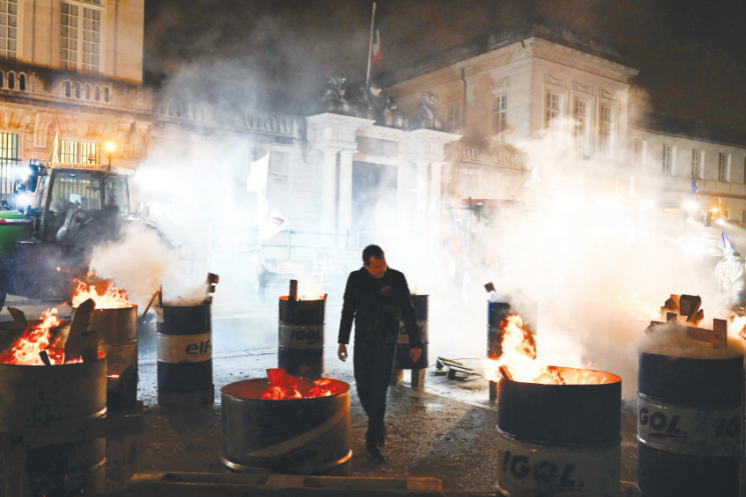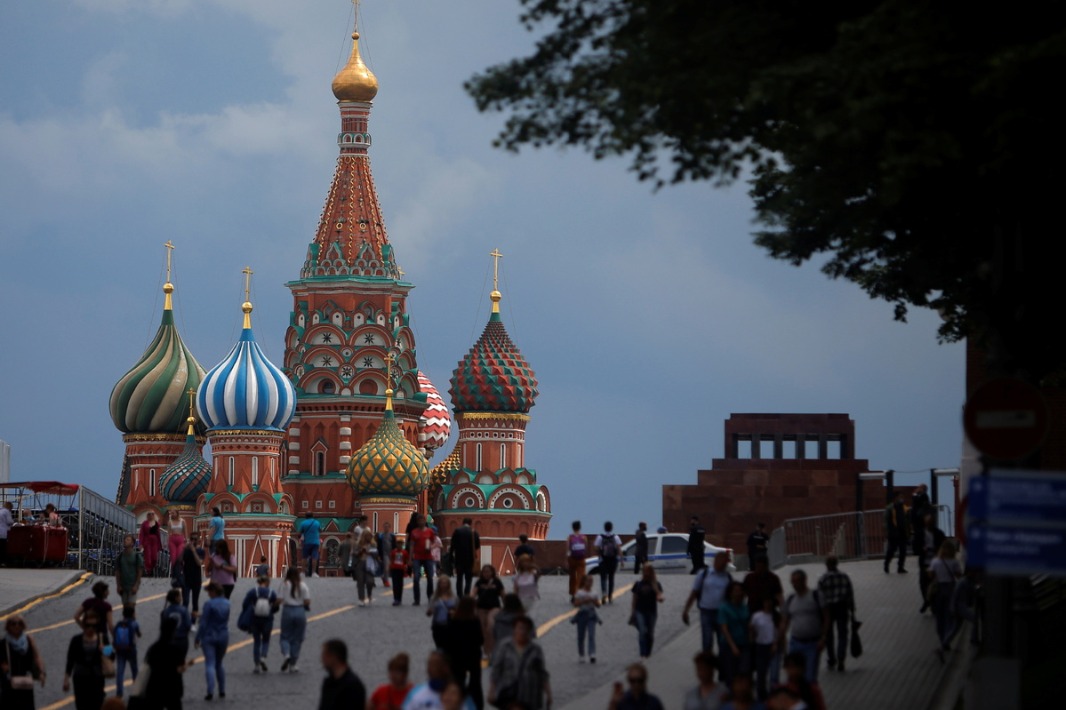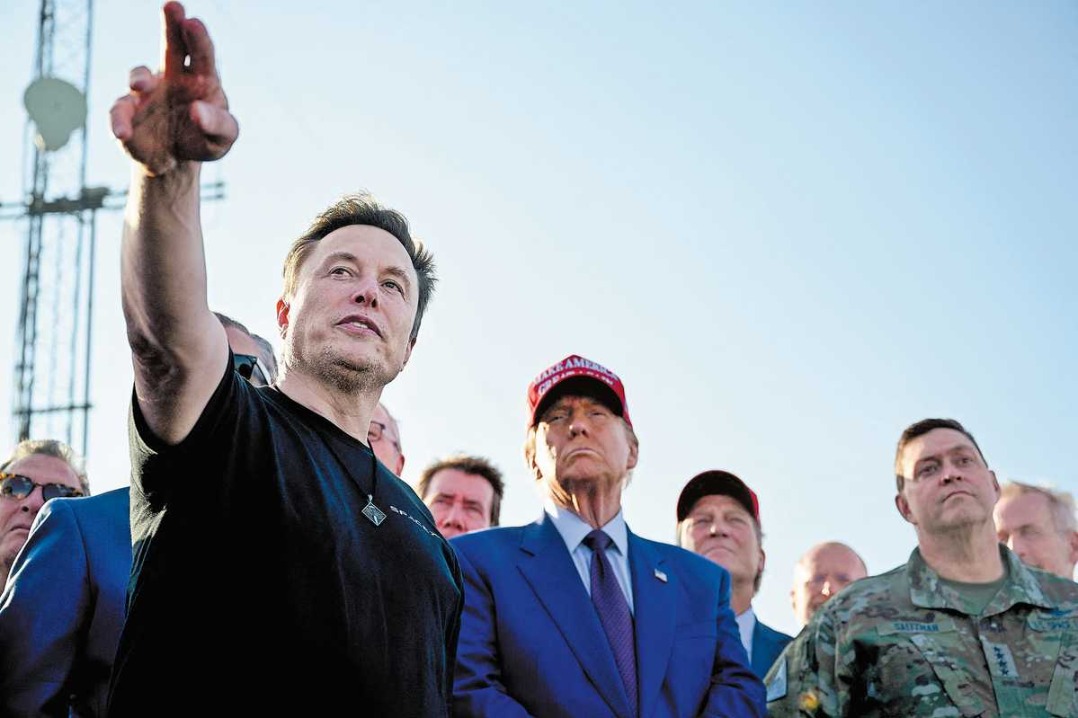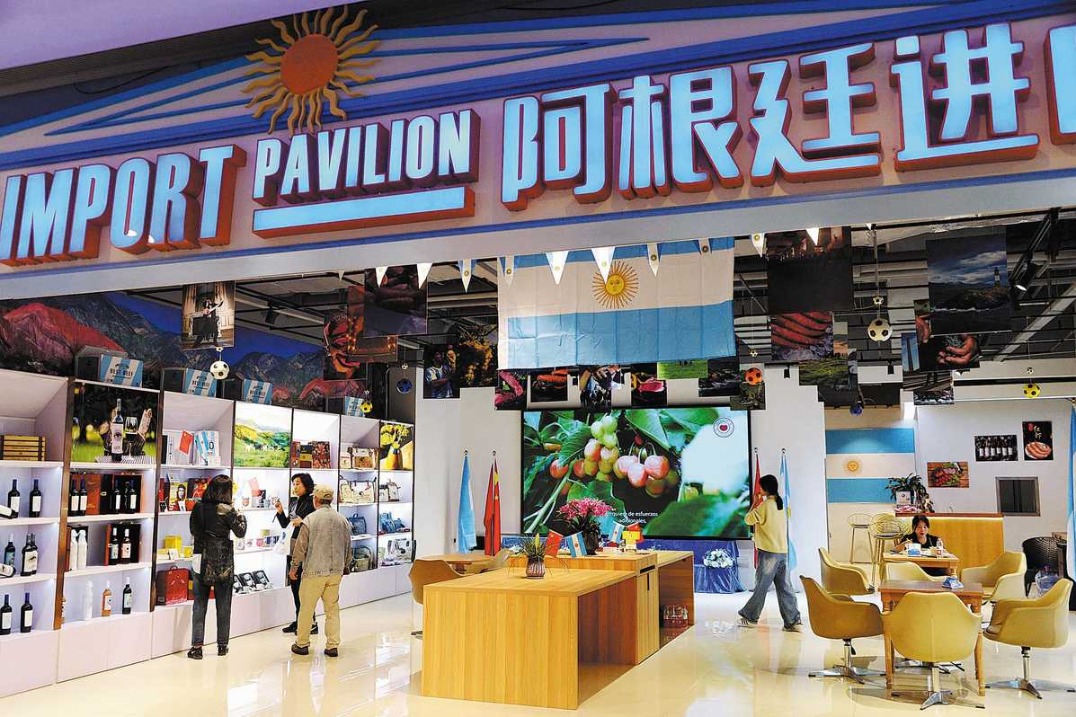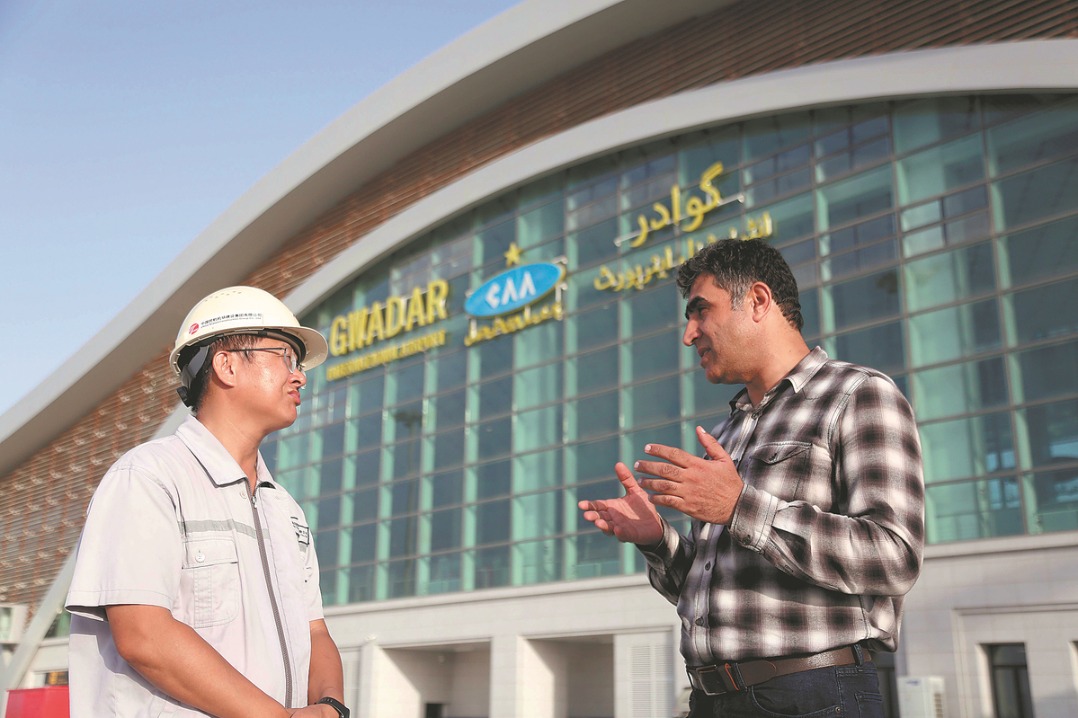Europe's farming wealth gap widening


New data from the European Commission's Farming Accountancy Data Network, or FADN, and statistics organization Eurostat suggest farmers have been making record profits recently, but a closer inspection shows the divide between rich and poor in European agriculture is bigger than it has been for many years.
Across the continent, many farmers are feeling a relentless economic squeeze, which is being expressed in despair, angry demonstrations, and volatile voting.
Analysis by the United Kingdom newspaper The Guardian showed that during the last 15 years, the wealth gap has doubled, at the same time as the number of small farms have fallen by a quarter, with a study by environmental group Greenpeace in October 2024 summing up the choice facing farmers as "go big or go bust".
There are many reasons for the changing, challenging nature of farming, one of which is technology, as mechanical innovations increasingly favor bigger-scale production.
Sebastian Lakner, an agricultural economist at the University of Rostock in Germany, said a "technological treadmill" of productivity had been created, with inevitable consequences.
"You need to grow," he said. "Those farms who cannot grow — and who cannot afford the big tractors, the innovative technologies — they need to drop out."
Coen van den Bighelaar, who has a 60-hectare family dairy farm in the Netherlands, told The Guardian economies of scale around new rules surrounding herd emission reduction made life difficult.
The necessary innovations, he said, were more affordable for those with more livestock.
"For small farms and middle-size farms, it's way harder to join in this transition," he said. "We want to join… but it's not possible for us because our size is too small."
A report published by the Robert Schuman Institute in February 2024, titled The Various Causes of the Agricultural Crisis in Europe, noted how tension had been building for years.
In the Netherlands, a revolt began in June 2022, against plans to cut livestock numbers to reduce nitrogen emissions, leading to the creation of a political party called the Farmer-Citizen Movement.
Farmers in Slovakia, Hungary, and Romania have felt the impact of an influx of imports from Ukraine, and in Poland, this issue saw the country's agriculture minister resign in April 2023.
"Other grievances have been added to the increase in taxes on diesel," the Schuman report continued. "Notably, the growing environmental obligations under the Green Deal of the European Union and hostility to the free-trade agreements under negotiation with (South American trade bloc) Mercosur, Australia, and New Zealand."
Disquiet growing
Protests earlier this year in Germany and France were fueled by the diesel issue, as well as Ukrainian imports, but it seems to be the Mercosur deal that is now firing up an end-of-year protest season in France.
Arnaud Rousseau, leader of France's main farming union, the FNSEA, told television station BFM TV thousands of farms were already struggling, and Jordan Charransol, head of the Young Farmers Union in the southern region of Vaucluse, called the deal "a catastrophe for French agriculture".
If the deal, which was formally concluded in 2019, finally comes into effect, farmers warn of a flood of cheaper imports, produced with pesticides and chemicals banned in Europe.
France's President Emmanuel Macron has spoken of his opposition to the deal, but could struggle to find enough supporters to resist it.
"We cannot ask our farmers in Europe ... to change their practices, to not use certain products and develop quality farming and, at the same time, open our markets to massive imports," he said on Sunday.
What is expected to be weeks of protests in France began with roadblocks and fires.
France's farmers are well known for demonstrating, and at the start of the year, they were angry about Ukrainian imports, fuel subsidies, and the Mercosur deal.
The government relented on the fuel issue, but nearly a year later, following a general election that resolved little, and a wet summer, the anger has returned.
"We have the same demands as in January, nothing has changed," Armelle Fraiture, a dairy farmer from outside Paris, told Reuters. "We must make the government understand that enough is enough."
Where there is anger, there is opportunity for populist politicians, and across Europe they have been quick to weaponize farmer discontent for votes.
When the far-right Alternative for Germany, or AfD, party tried to latch onto protests at the start of 2024, extremism researcher Matthias Quent warned: "The farmers who are protesting must also ensure that their protests cannot be instrumentalized and exploited."
In a television interview in France on Monday, Sebastien Chenu, vice-president of the far-right National Rally party, accused Macron of betraying farmers, saying he "has never been hostile to Mercosur, it aligns with his ultraliberal agenda".
Perhaps not coincidentally, after a winter of high-profile farming protests from Poland to Portugal, at the European Parliament elections in June 2024, the right wing made significant gains, with National Rally winning 31.3 percent of the popular vote in France, and AfD finishing well clear of the governing coalition parties in Germany.
In farms all over Europe, especially smaller ones, anger is something that flourishes. There is little sign of that crop failing any time soon.
















